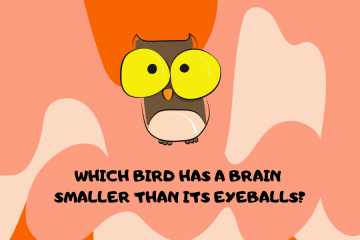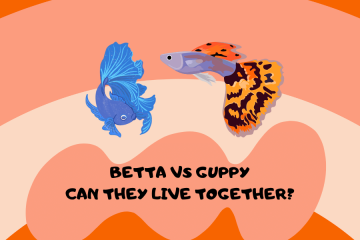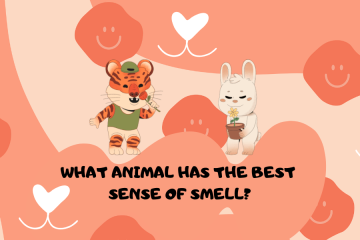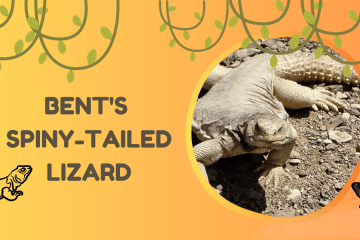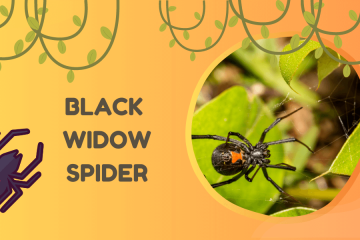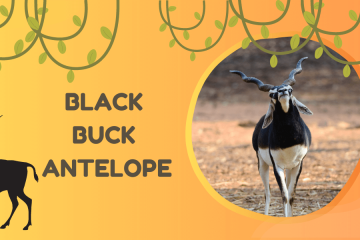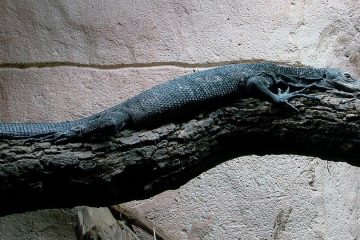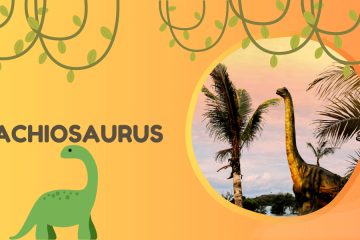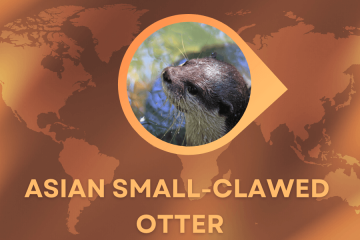Choosing between guinea pigs and hamsters can be a difficult decision. You want to find a pet that works well with your family and can live safely in your home.
Before choosing which one is the best for you, be sure that you can meet all of its dietary needs and provide the right habitat to keep them safe.
One popular question among people looking for a new pet is whether they should get a guinea pig or a hamster. I’ve asked myself this question, and many of my friends have wondered the same.
When it comes to deciding which animal is right for you, there are a lot of factors to consider.
Learn about each animal’s diet to make sure you can provide the nutrients they need, and this my complete guide to reading before getting guinea pigs. Find information on their exercise needs so you can help them stay active and be sure you have the right cage that is big enough.
You should also consider how they interact with people and decide if each member of your family is able to care for your pet.
When choosing between guinea pigs and hamsters, you should look at the lifestyle and cost of each pet. They will both have a big impact on your home and family, and you need to ensure that you are able to care for them properly. Keep reading to learn about some of the differences between guinea pigs and hamsters.
Which is better a hamster or a guinea pig?
One pet is not necessarily better than the other. Your decision between guinea pigs and hamsters will depend on which animal is better for you.
Guinea pigs are usually much bigger than hamsters and need a larger cage. They are social creatures and typically require a companion in order to stay happy and active.
Hamsters are much smaller animals, so they do not require a large cage. While hamsters can live together, they are also just fine on their own. Both animals love to run and play in their crate, so you should add toys that are safe for them to use.
Unlike guinea pigs, hamsters are omnivores and eat a combination of meat, fruits, and vegetables. The majority of their diet is made up of plants and grains, but they also enjoy small insects or lizards from time to time.
They require more protein in their diet than cavies as well.
You will soon find that hamsters are nocturnal if you decide to purchase one as a pet. They stay up throughout the night, eating, running, and playing.
They need a quiet place during the day to get the rest they need to stay healthy. Cavies, on the other hand, tend to sleep at night and stay active during the day.
Which is cheaper a hamster or a guinea pig?
You should not choose a pet based on cost alone, but it is important to understand all of the fees associated with owning an animal. Overall, guinea pigs tend to cost more than hamsters. They are much larger animals and need bigger cages.
You must change your piggy’s food, water, and bedding on a regular basis. All of those things add up and can cost you quite a bit each month. They need fresh fruits and vegetables to round out their diet, which can also cost a lot at the store.
On average, owning a guinea pig can cost between $500 to $800 each year. It is also crucial to factor in the cost of two animals because they should not be left alone without a companion.
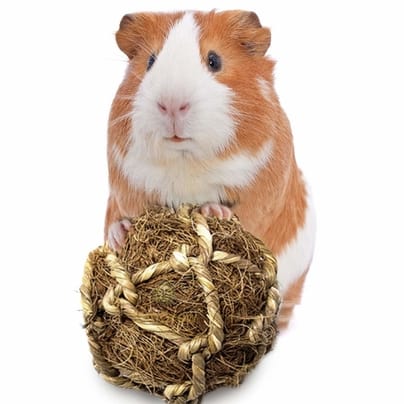
Hamsters do not cost as much as guinea pigs. They do not require as much upkeep as cavies and tend to live shorter lives. They do not incur significant medical costs, and they need smaller habitats.
You will have to factor in their food, water, and bedding though.

On average, hamsters cost about $300 to $500 per year. You do not have to own two animals to keep them happy because they can live on their own.
Do guinea pigs smell worse than hamsters?
No, guinea pigs do not tend to smell worse than hamsters. The smell of each pet is going to depend on the level of care and attention you provide.
Usually, animals start to smell whenever their cage is left unclean or their fur is not properly cared for. A dirty cage is going to be the main source of any unwanted odors.
Clean cage
Keep your pet’s cage clean by following the necessary instructions for both animals. To clean a guinea pig cage, you will first need to remove the animal. You can use this time to brush their fur or give them a bath if necessary.
They typically only need two to three baths each year if they have developed an odor or have something coating their fur.
Spot-clean your cavy’s cage each day to remove extra food or waste. You should also replace any soiled bedding with fresh bedding to prevent odors.
They need fresh food and water each day as well, and you should rinse out their bowls on a daily basis to keep bacteria from growing.
On a weekly basis, you should clean their toys and water bottle with soap and hot water. Remove all bedding materials and clean the inside of the cage before rinsing it out.
Be sure the crate is totally dry before adding in new bedding and putting their food, water, and toys back inside.
Cleaning a hamster’s cage is largely the same process. You will need to check their cage on a daily basis to remove visible waste and refill their food and water.
Never leave uneaten food in their crate because it will rot or mold. Each week, you can follow the same process listed above for guinea pig crates to properly clean and disinfect their environment.
Overall, neither guinea pigs nor hamsters smell bad on their own. Their scent is directly linked to how well you clean their crate and maintain their fur.
If you are unable to conduct the necessary cleanings on a regular basis, you should reconsider adding a pet to your family.
A dirty habitat can lead to serious health issues for both cavies and hamsters, and you should be diligent with cleaning.
Do guinea pigs and hamsters get along?
No, guinea pigs and hamsters do not get along. You should never house these two species together or allow them to play together on the same floor space.
These animals have very different needs when it comes to their nutrition and care. They also have different habits for protecting their territory.
Guinea pigs are larger than hamsters, and they can significantly hurt them. If they become aggressive, a cavy can cause a lot of damage to a hamster’s health because the hamster will not be able to defend itself properly.
Just because they are both small rodents does not mean they can spend time together.
Diet, Cage Size, Behaviors
The differences in their diet is another reason they should be kept apart. They need different types of hay and pellets to stay healthy, so they should not be eating each other’s food.
Also, hamsters tend to munch on nuts and seeds throughout the day. These foods can be very dangerous for piggy and cause them to break their teeth or scratch their throat.
These animals need different sized cages. Hamsters require less space while guinea pigs need larger crates. In a small cage, your piggy will not have room to run around or get its necessary exercise.
In a cage that is too big, your hamster can feel overwhelmed or you may end up doing a lot more cleaning than is necessary.
Both animals can be very territorial. This type of behavior can lead to fighting if guinea pigs and hamsters cohabitate. The hamster may be hostile even though it is the smaller pet.
They will hiss or squeak when they are scared, and they can both become very anxious or nervous. Both species will fight or bite if they worry about protecting their territory.
If they live together, you could cause the injury or death of one of your pets.
Neither hamsters nor guinea pigs should ever be housed with different species. You can have multiple of the same species in a shared crate but letting them live together is never a good idea.
It is also important to follow all necessary steps when introducing animals of the same species to one another to prevent anxiety or fighting.
Do guinea pigs bite more than hamsters?
If you have small children, you may be worried about whether or not these pets will bite. I know that they have small teeth and the bites may not hurt too badly, but it can still be annoying when they occur.
Guinea pigs are social creatures, and this includes time with humans. If you build up trust and love with your cavy over time, they will enjoy being cuddled and held. Biting in these circumstances will be kept to a minimum.
If you want that your guinea pig doesn’t bite you check this step by step guide that I wrote.
It is important to know that animals typically bite whenever they are stressed or tired. Hamsters are very small in size, and they may become very worried when faced with a large human. They do not like to be held as much as guinea pigs do, and they may bite when they are nervous.
Also, if you try to handle a hamster when it is sleepy, it will not be happy. They may nip at your hand or fingers if they are disturbed.
Can guinea pigs eat hamster food?
It is not safe for guinea pigs and hamsters to share food. You should never feed your guinea pig hamster food or vice versa. They both have very unique eating habits and dietary needs to stay healthy.
One animal’s food will not meet the needs of the other.
Hamsters can eat meat and need a significantly larger amount of protein each day. The protein in their food can lead to kidney stones in cavies or other serious issues.
Guinea pigs need a lot of vitamin C in their daily diet because they do not produce the nutrient on their own.
These higher levels of vitamin C can harm hamsters. Also, hamsters can eat nuts and seeds which can hurt cavies if they try to eat them.
If want to know exactly why vitamin c is important for cavies, check out this article about how much vitamin C should guinea pigs Haves? And some of my favorite sources of this vitamin that I give each day to my guinea pigs.
Both animals can eat hay, fruit, and vegetables. However, there are pellets made specifically for each species. Guinea pigs should never be fed pellets made for hamsters or vice versa.
It is important to realize that hamsters store a lot of food in their cheeks. This food must be safe to keep in their mouths for an extended period of time.
A lot of guinea pig food was not specifically designed for this purpose, and it can pose a choking hazard or another health risk for the smaller animal.
Can hamsters and guinea pigs be friends?
As much as we may wish it was possible, hamsters and guinea pigs cannot be friends. The two species are too different to get along or spend time together.
You already know that you cannot keep them in the same crate, but it is necessary to point out that they cannot even play together.
If you own both animals, you likely let them spend time outside of their cage. I love to set up a play area on the floor and let my guinea pig run around and play with toys outside of his cage.
Hamsters can enjoy the same time spent on the floor in a safe and protected place. However, you cannot allow the two animals to be out in the same area.
Just like what occurs in the crate, they will be prone to fighting and aggression. Even if you are closely monitoring their interactions, they could seriously harm one another.
This time together will also cause significant stress for both animals and harm their overall wellbeing.
Conclusion
Hamsters are much smaller and tend to be lower maintenance pets. However, if you are looking for a family-friendly pet to cuddle with, a guinea pig is the way to go.
Both animals will not smell bad if you properly care for them and their environment.
You should never let them live or play together and follow all instructions for their specific dietary needs. No matter which animal you choose to add to your family, be sure you are ready for the responsibility of pet ownership.

Lydia King is a huge animal lover and has always been fascinated with learning about the animal kingdom. She enjoys writing about anything animal related from scientific information about rare species to animal references in pop culture.

